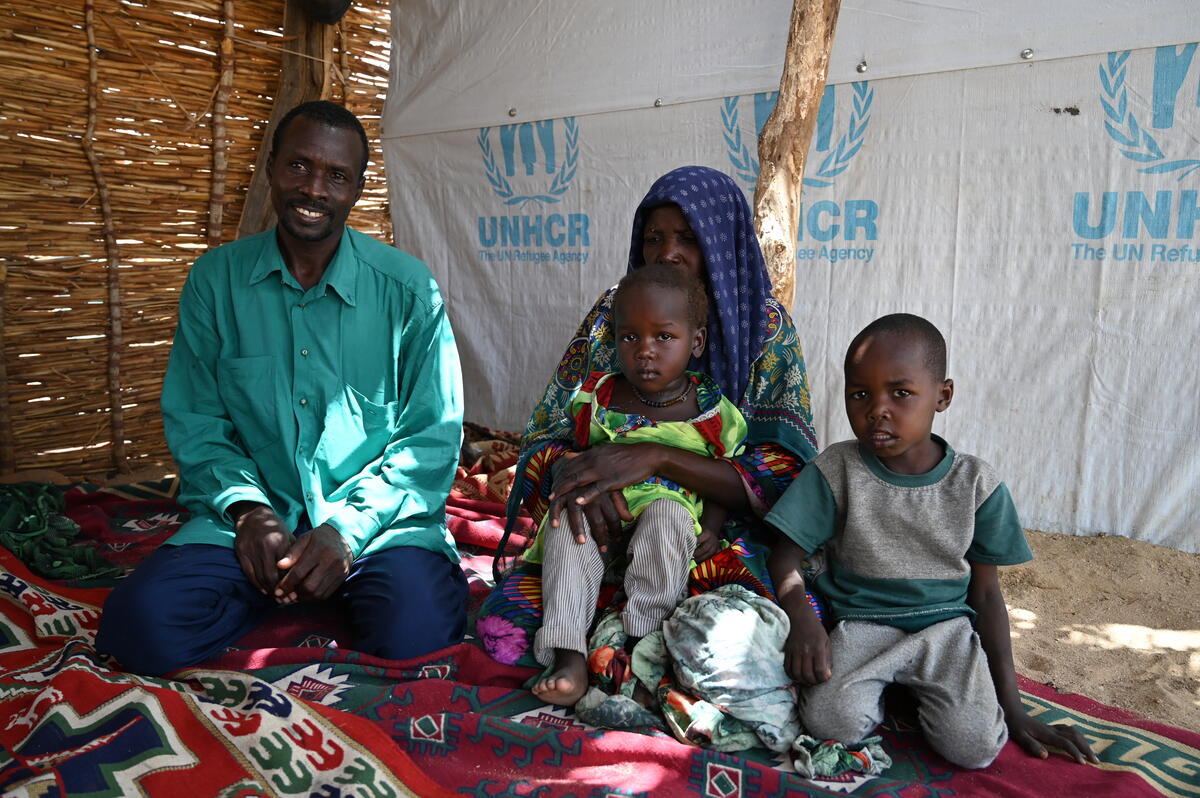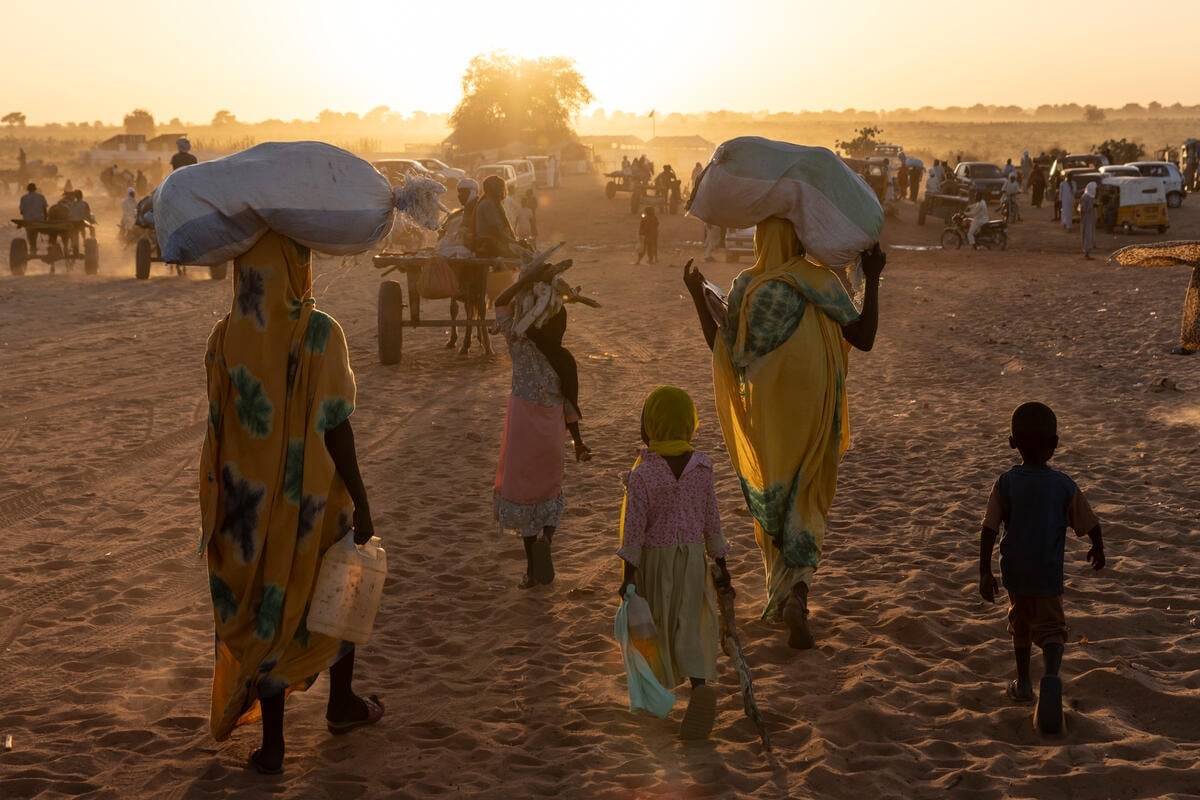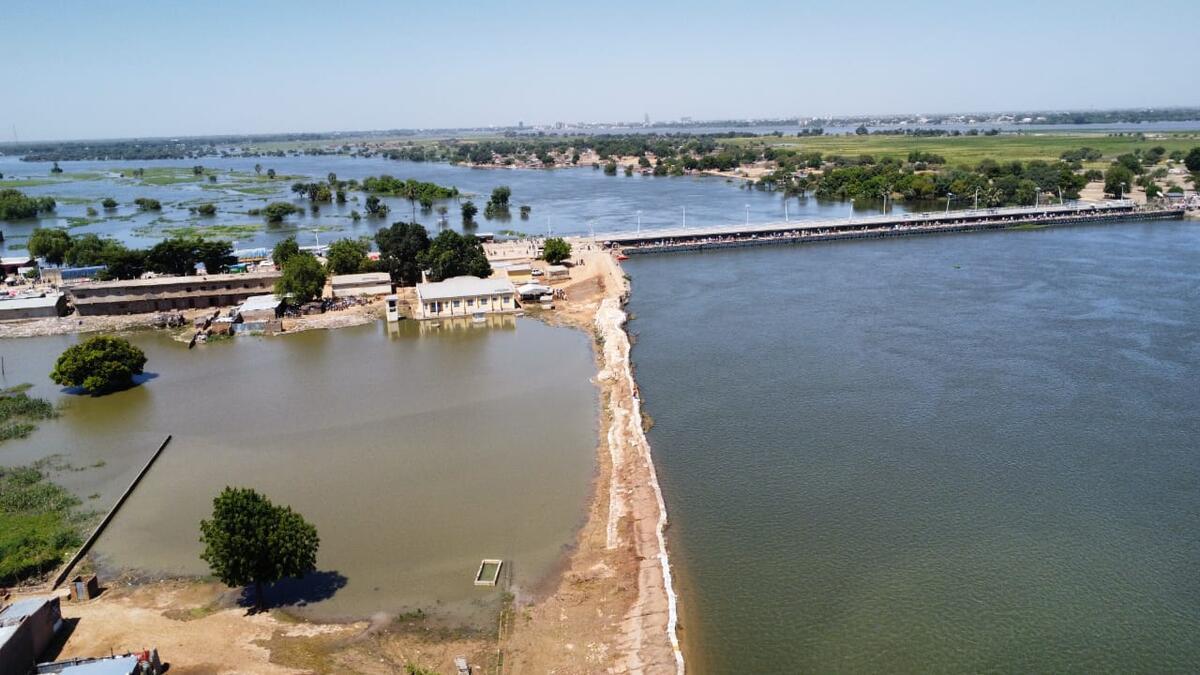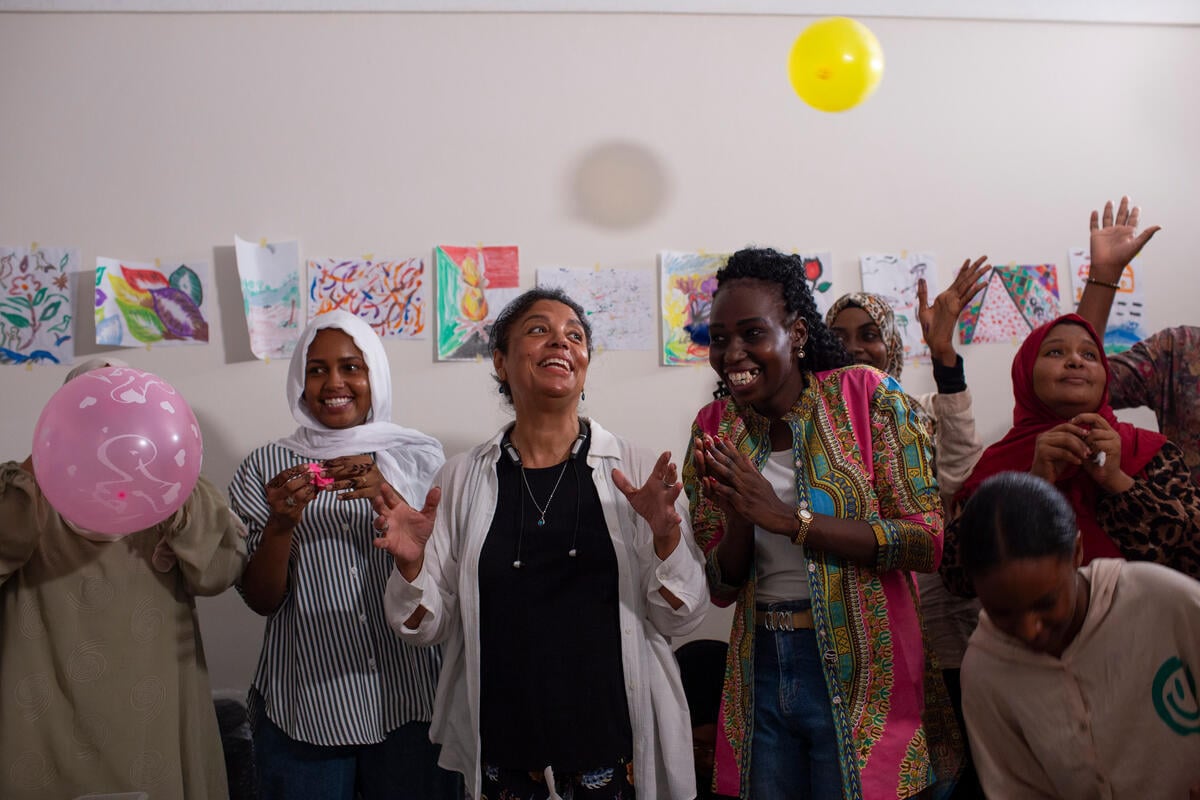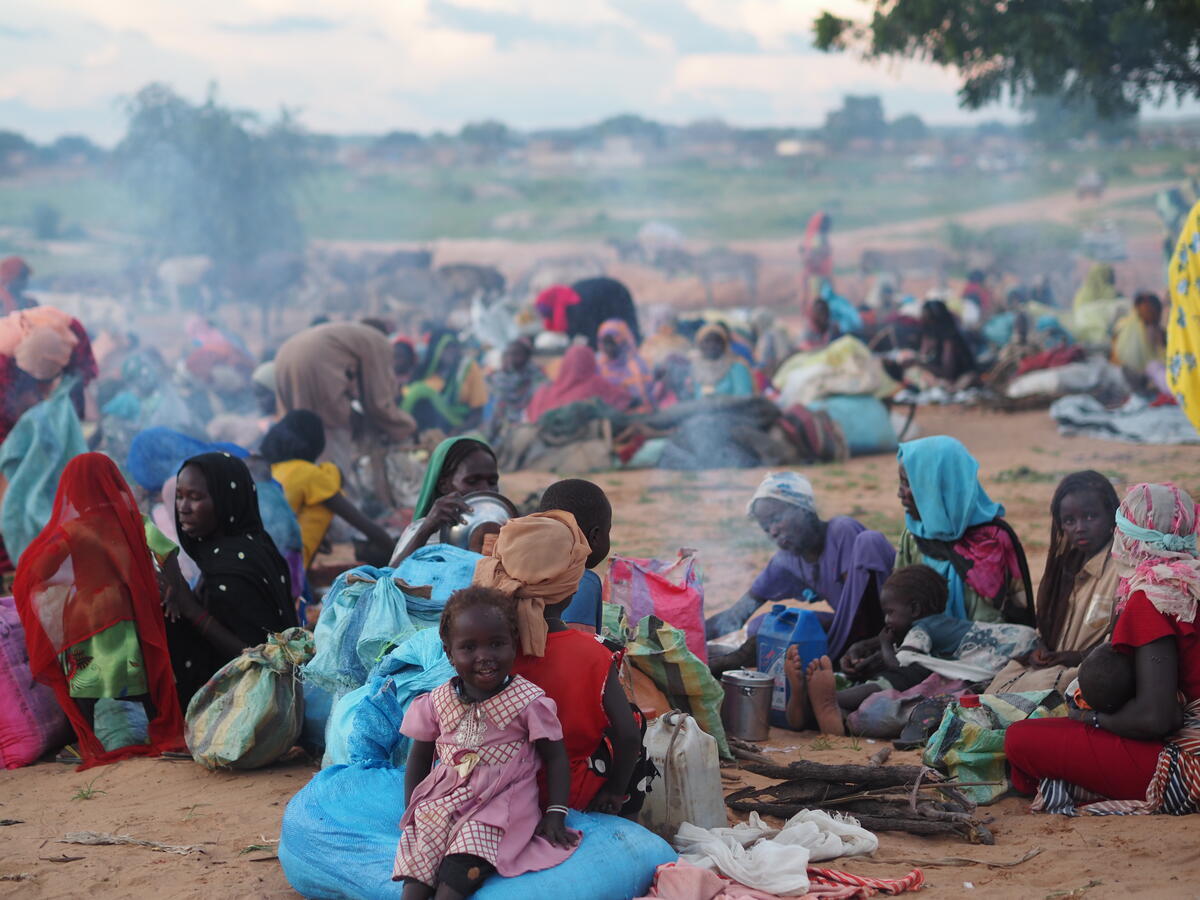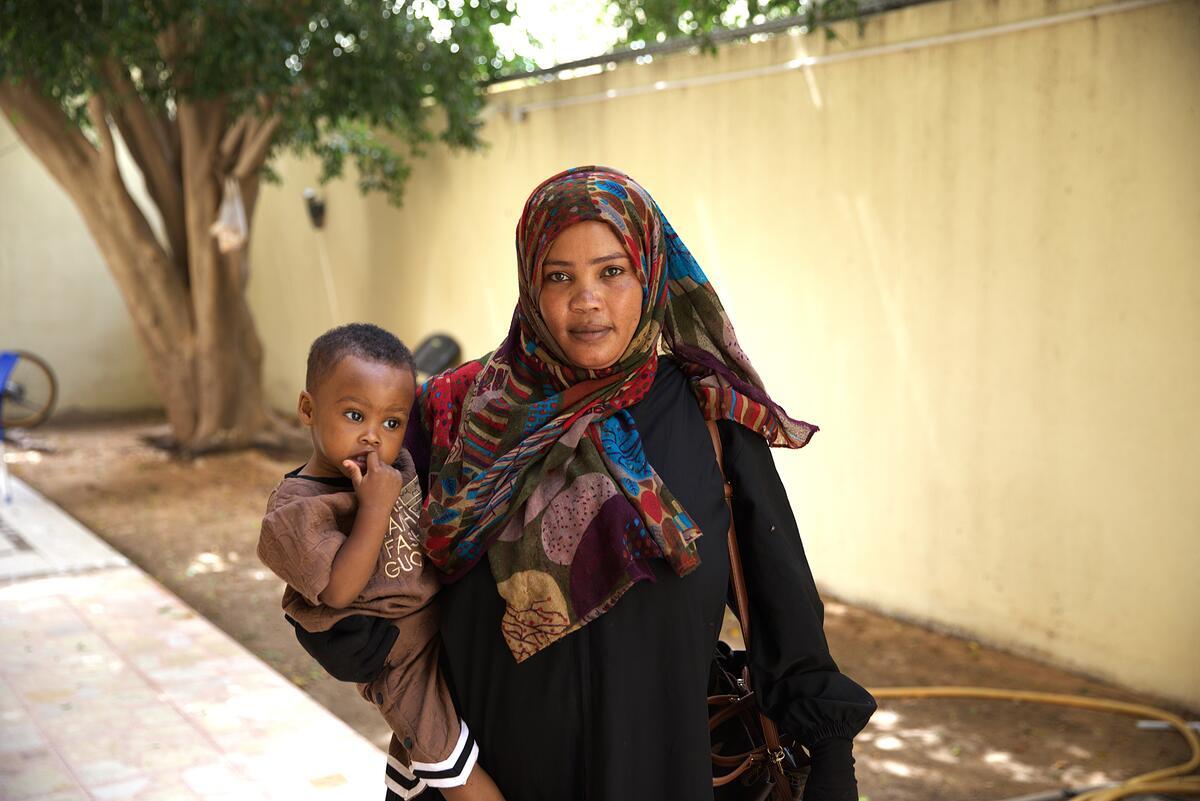Chad: registration of new Sudanese arrivals begins
Chad: registration of new Sudanese arrivals begins
UNHCR teams have begun registering thousands of newly arrived refugees along the Chad-Sudan border so aid agencies can start distributing urgently needed assistance. The refugees left Sudan following attacks on their villages on January 16 and the following days. Gaining access to the refugees has proved difficult for UNHCR teams and staff from CNAR (the Chadian governmental agency Commission Nationale d'Accueil et de Réinsertion des Réfugiés) due to the remoteness of the area and because the refugees are widely dispersed along a vast stretch of border. The teams have spent several days checking border areas in search of refugees, often driving hours in the bush before finding scattered groups. We are spreading the message to the refugees to gather at specific points so that registration can take place for quick distribution of aid.
Groups of refugees have been registered so far in three locations, and registration in two additional areas will begin today and tomorrow. The first group to be registered is in Kourbileke, 7 km from the Sudan border. On Sunday and Monday, 762 people were registered. The refugees say they fled 10 days ago from their village of Habila in Sudan, 2 km from the border. The chief of the village told UNHCR that the 1,750 inhabitants fled and the village is now empty. Refugees told UNHCR that 10 days ago, an Antonov plane and helicopters flew over Habila and bombed the only well in the village. Armed men then entered the village on horses and camels, stole the cattle and chased people who had not yet fled, the refugees said. Other refugees told UNHCR that when they heard the bombings in Habila, they gathered their belongings and fled to Chad. UNHCR does not have a presence in Darfur and is unable to verify these refugee accounts.
The refugees are currently staying in a very arid and difficult environment. Some are out in the open, with only a few bushes as protection from wind and sand. Many lack even the most basic necessities.
Access to water is the main challenge in Kourbileke. The nearest source is in Moudre, a 12-hour round-trip walk from Kourbileke. Food is also a concern, as the refugees have been surviving on what they were able to bring with them, but their supplies are running out.
The second group of refugees to be registered is in the region of Ogona, 23 km from the border. As of yesterday, two UNHCR/CNAR teams there had registered 1,074 people, who came from Djirdjira canton, in Sudan, just on the other side of the border. The refugees said that all 9,500 inhabitants of this area fled to Chad after major attacks on their villages on January 16.
Registration for a third group of refugees began in Kabrara on Monday and will be completed today. So far, 231 refugees have been registered in Kabrara.
UNHCR and CNAR teams will go to Amdour today, where the local authorities have reported refugees coming from the Sudanese villages of Aboudidat, Aboudam and Abougamara. Registration is also scheduled to start on Wednesday in Tine, where 1,000 new refugees have gathered in an area called Red Hill. Registration should be completed on Friday and delivery of assistance to the refugees could start as early as next week.
UNHCR is considering moving the refugees from Kourbileke, Ogona, Kabraba, Amdour and other nearby areas to a transit centre on the site of Kounoungo as soon as next week. Kounoungo, 18 km west of Guéréda, has been identified as a possible camp for relocation. Because of the recent influx of refugees, part of it could be used as a transit centre which would be set up very quickly and where the refugees would receive food and other assistance until the camp is ready.
Meanwhile, relocation of refugees from Wandalou, a site on the border, to the camp at Farchana continues. As of yesterday, 826 people had been transferred to the new camp, which ultimately could host up to 12,000 refugees. The next convoy is scheduled for Thursday. Refugees are also taking their livestock to Farchana, with the first group setting out on foot yesterday. The journey by foot should take three days.



